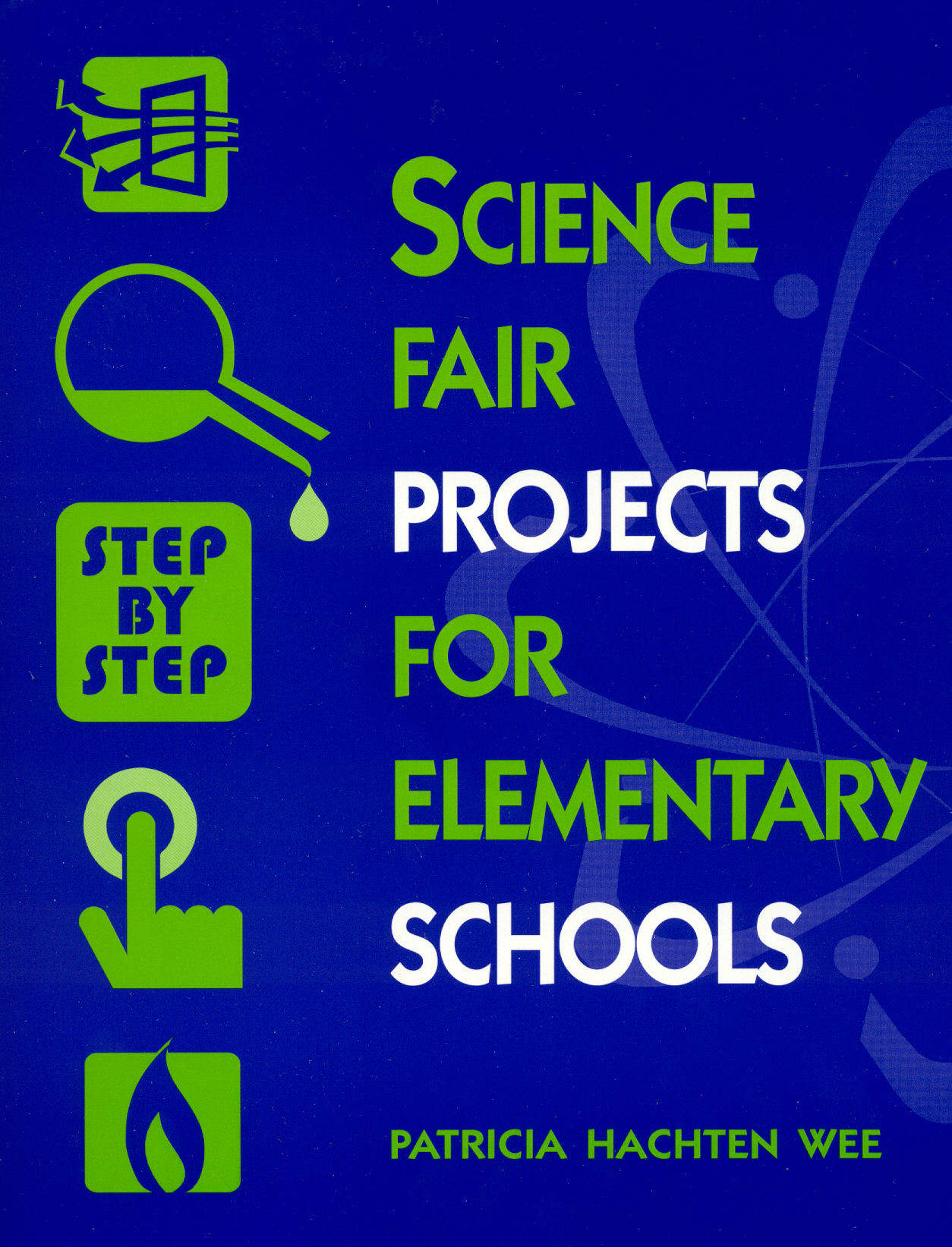Resources
This item is one of over 25,000 physical resources available from the Resources Collection. The Archive Collection covers over 50 years of curriculum development in the STEM subjects. The Contemporary Collection includes all the latest publications from UK educational publishers.
This item is one of over 25,000 physical resources available from the Resources Collection. The Archive Collection covers over 50 years of curriculum development in the STEM subjects. The Contemporary Collection includes all the latest publications from UK educational publishers.
This item is one of over 25,000 physical resources available from the Resources Collection. The Archive Collection covers over 50 years of curriculum development in the STEM subjects. The Contemporary Collection includes all the latest publications from UK educational publishers.
This pupil book, designed be be used alongside any Key Stage 3 or lower school science scheme, contains 18 long and 36 short "explorations" set in the context of life science, materials science and physical science.
The long "explorations" offer the opportunity to practice and assess all the main stages and...
Science EXTRA! Using Newspapers in the Science Classroom
This resource, called Science EXTRA! Using Newspapers in the Science Classroom, was written by Ruth Jarman and Billy McClune, Graduate School of Education, Queen's University Belfast and has been provided by the Association for Science Education (ASE). The aims of the Newspaper in Science Education group are to:...
This series ties into many different school science topics and will teach students a huge amount about science without feeling textbook-like. ...
Why do plants need water? Why isn't flour a liquid? We all have our own ideas of how the world works. To help children to learn science we need to start from what they already know, and challenge misconceptions. This book helps teachers to do that.
Why do plants need water? Why isn't flour a liquid? We all have our own ideas of how the world works. To help children to learn science we need to start from what they already know, and challenge misconceptions. This book helps teachers to do that.

Science Fair Projects for Elementary Schools offers step-by-step instructions for a hands-on learning experience for children in grades 2-5 who are doing science fair projects.
Curiosity Bug, a friendly...
Explains concepts such as acceleration, force, friction, and gravity by using them in simple experiments, in such real-life settings as the bowling alley and supermarket.
